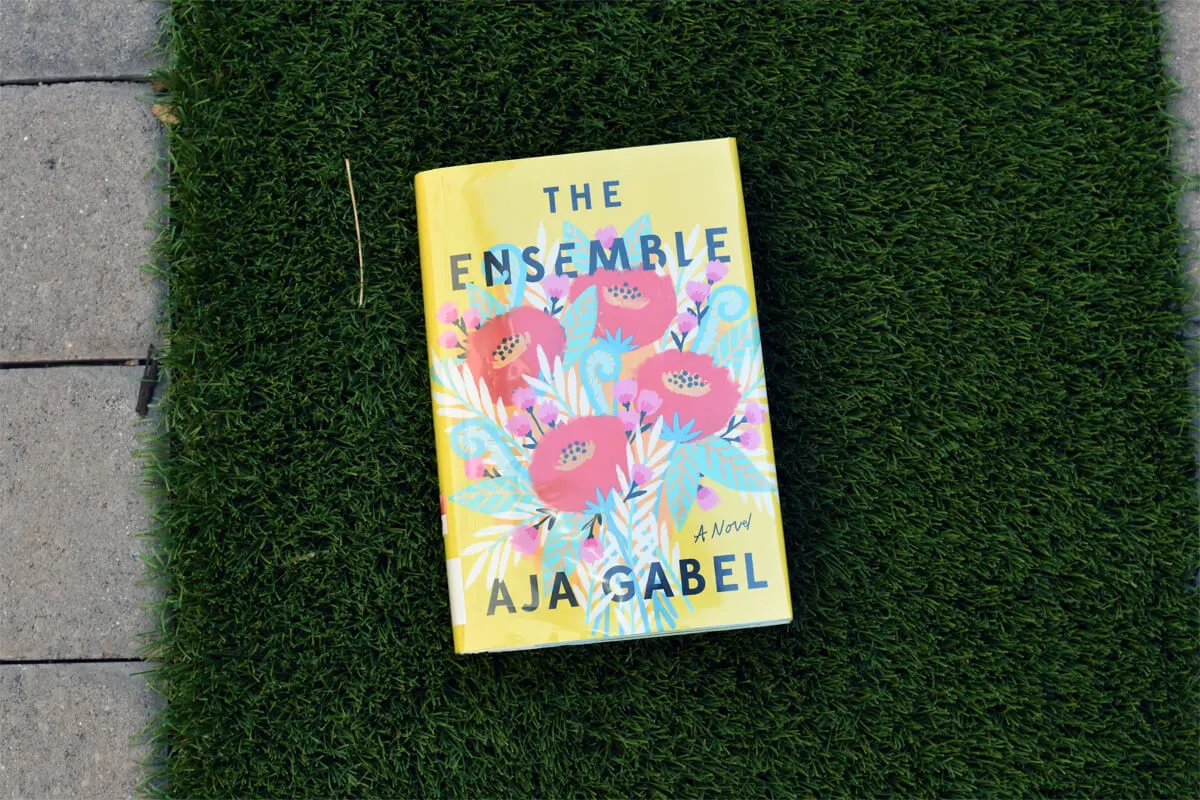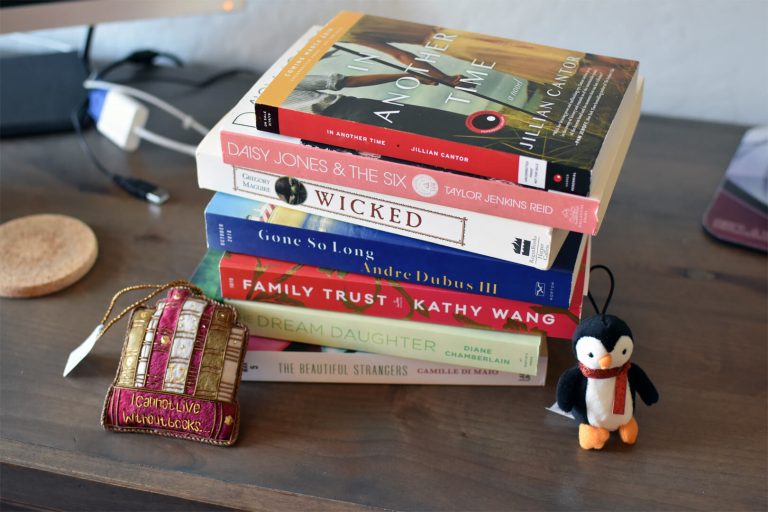The Ensemble by Aja Gabel is a stirring debut about four friends navigating careers, love and ambition. Set in the classical music world, this one stands out for the classic music setting alone. But it’s not just about music.
The story revolves around four musicians known as the Van Ness Quartet. Told from multi-perspectives, it’s an interesting story about passion for art and how that impacts every facet of one’s life. The four friends—Jana, Brit, Daniel and Henry—would never have been friends without music. But they share that bond and grow to become a family, which includes its closeness, bonds and also messiness and disappointments.
I recently read Little Fires Everywhere by Celeste Ng and I saw a similarity in style to this story. Not in story topic but rather writing multi-perspectives that can appear on the same page as well as a jump in time periods in the same chapter. I imagine it’s not an easy way to tell a story but it’s effective as it gives the stories more nuance and depth. And also a bit of realistic sense as well. Think about how many times a certain event in your life reminds me of you something that happened in the past. They use that as a writing technique in certain passages in the book.
Cutthroat world of musicians
I love how the characters are classical musicians. It makes the story standout for so many reasons. I have respect for anyone who makes a career out of performing as it’s competitive, grueling and long hours. But I’m sure the satisfaction of performing and supportive fans is more than motivating and makes it all worth it.
But no only is this about musicians but classical ones. A different world all in itself. Gabel employs plenty of vivid descriptions of a string performer such as being on stage, playing together, traveling with instruments and more. The story is told in parts as it covers a long time span and before each section, Gabel includes the music the characters are listening to and performing. I didn’t do this but I bet it’s quite an experience to listen to what they’re performing while you read this novel. I might have to pick it up back up and try that.
The four main characters
The characters felt real and not always likable, which is true to life. Gabel does provide plenty of background and context so the reader does understand more about motivations. Jana, Brit, Daniel and Henry are very different from one another and Gabel successfully makes each of their perspectives unique. We met them fresh-faced in their 20s and it ends with most of them (Henry is a little younger) in their 50s. Despite their differences, the reader can see why they continue to remain in each other’s life and together as a quartet.
They’re all challenged quite a bit by music, romance and even health. The passage of time doesn’t escape anyone and playing music for so long can take a toll on one’s body and this becomes more apparent as the character’s age.
A big theme of this novel is family—both traditional and non-traditional. Three of the characters are without family for the most part, whether by choice or passing. Because of that they become an eccentric family, there for each other in the highest of highs and lowest of lows. It isn’t just a work relationship but something much deeper than that.






